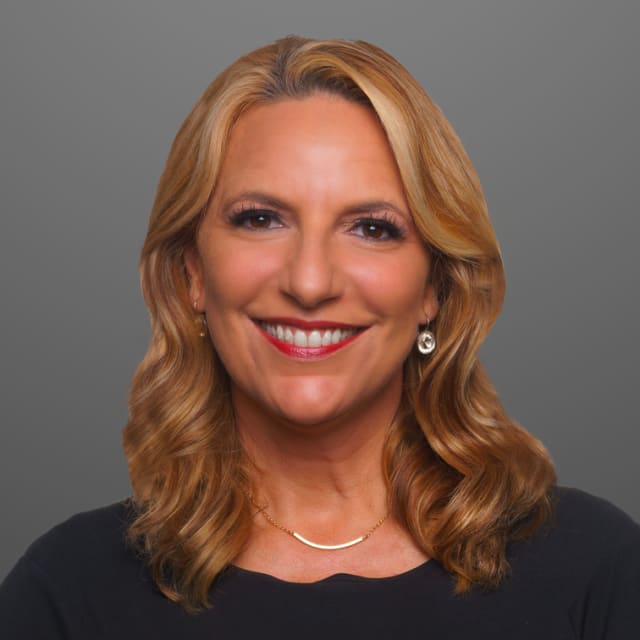MIAMI – Car sales have made headlines as a potential consumer pinch-point when President Donald Trump’s global tariff plans take effect. But food prices are expected to rise as well.
Many restaurants and some cruise ships source their food from grocery wholesalers and food service distributors located in Miami’s Allapattah neighborhood.
One such distributor is preparing for the tariffs, which are likely to increase their costs. This could eventually lead to noticeable price hikes on local restaurant menus.
David Vina, president of the family-owned food distribution business Vina and Sons, established in 1971, is at the forefront of these preparations. Walking through the fridge room, he highlights the importance of fresh products, saying, “Our main bread and butter, so to speak, is supplying restaurants.”
David Vina’s father, Medardo Vina, the 86-year-old founder, is still actively involved in the business.
Vina said, “My father, who is walking around here somewhere,” with a warm smile, “is the founder and has been at this for 51 years. It is his passion. I have always joked around it is his third child he never had.”
While the majority of their fresh products, like eggs, beef, and chicken, come from North America, many frozen items are imported.
Some are specifically from India, China and other countries.
“The shrimp, the tilapia, which is also very popular, that’s all coming from China,” Vina said. “We also have some select products like our cassava, or yuca as Hispanics call it, that comes from Costa Rica. Those countries might have some impact as well.”
Vina said the company sources products from a variety of countries, including Nicaragua, China, Vietnam and several smaller ones in Central and South America. He acknowledges the potential impact on these products due to the tariffs.
He said his company has taken proactive steps to try to soften the blow.
“Knowing that some of this was going to come through, we tried to allocate some product ahead of time, reserve some product, in some cases buy a little more than we normally would, in order to have a good price or at least an even transition for our consumers,” Vina said.
The goal is to stabilize prices.
“Absolutely, absolutely, carry more of an average price instead of just going and impacting them with the full of whatever the tariffs will ultimately be,” Vina said.
He explained further, “Now, 25% on a $10 dish is obviously $2.50, so it may not be too impactful to the consumer when they sit down to have a meal, but the point is those costs will be passed along for sure.
“The expectation for the most part is that it will be passed down to us, being that we supply a lot of restaurants, they will pass it down even further down to the final consumer and how that will have a broader impact on our market is yet to be seen.”
Meanwhile, car dealers are scrambling to mitigate impending price hikes.
“Since the word of the tariffs kicked in prices went through the roof dealers are buying cars left and right, buying rapidly, paying $1-3K above (Manheim Market Report values),” Shane Russell, the owner of Russell’s Auto Group in Hollywood, said.
Local 10 News spoke with Russell outside Manheim Fort Lauderdale, a used car auction site in Davie.
He said future inventory concerns are driving some used car dealers to stock up now.
“Prices are going to go up on new cars coming into America and then you have a lot of people not trading in their used car anymore at a rapid pace as they were before,” Russell said. “A lot of people are holding back because they are not sure where the economy is headed. Now, if you used to have 100 used cars, now you are going to have 50 because a lot of people are not trading in anymore. So a lot of dealers are thinking, ‘I’d rather have plenty than don’t have any when it is time to get.‘”
As for the Trump administration’s talking point of “trust the plan,” Russell said, “It is hard to stay calm when everything is going crazy, you know?”

